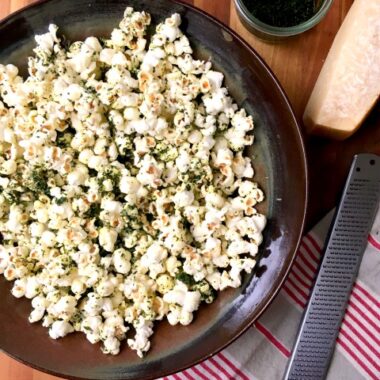This weekend is the biggest shopping weekend of the year in the U.S. and it has become a de facto holiday shopping weekend in Canada too now that Canadian retailers copy the “black Friday” deal craze in an effort to keep shoppers closer to home.
I suspect we all know people who head to Maine for this shopping holiday weekend and have a ball, enjoying the frenzy as much as the deals.
It’s no accident that black Friday is also Buy Nothing Day.
Somewhere in between these two extremes is a place of reasonable holiday sanity and eco-minded celebrating.
Black Friday shopper or not, we could all use a dose of conscious consumption as we prepare for the holidays. Here are some ideas to help you tread more lightly on the planet with your Christmas preparations.
8 Eco Friendly Holiday Shopping Tips:
- Save more of your shopping dollars for local, independent retailers. This keeps more money in our local economy and helps to keep our communities vibrant. Searching out locally made goods at craft sales and local galleries is a great way to support the community too.
- Use your shopping dollars to help others in need. In lieu of gifts, donate to food banks or shelters, or sponsor a family through a church.
- Buy gifts that aren’t stuff, like tickets to a sports game, the theatre, a live musical event or a gift certificate to a favourite (independent) restaurant.
- Give homemade gifts, like baking or other food items, woodworking projects, photographs, paintings, knitting and other handcrafts.
- Make your holiday meals with as many locally grown foods as possible. From turkey to root vegetables, filling your holiday table with foods grown or produced locally, or at least in the Maritimes, is easier than you might think. Visit your nearest year-round market and check labels at your local grocery store.
- If you love to have your home smelling like Christmas consider natural scents rather than buying artificial holiday scented room fresheners. The chemicals used to create these scents are toxic. Instead, simmer half a teaspoon of ginger, cinnamon and a dash of cloves in a saucepan of water for that gingerbread smell. Some sprigs of pine or spruce can give your home that evergreen smell and so will your natural Christmas tree. Essential oils are another natural option.
- Real Christmas trees are more eco-friendly than artificial trees. Tree farming is a sustainable industry in New Brunswick and the trees don’t have to travel very far to reach our homes. Although artificial trees don’t drop their needles, they do off gas, polluting your indoor air. If you have an artificial tree, keeping it for at least 20 years is a way to offset the environmental impact of production and transportation.
- Wrapping paper isn’t recyclable so look for recyclable alternatives, like craft paper and newsprint or use fabric or reusable ribbon.
Changing the way you celebrate the holidays – aiming for simplicity not stuff – can make it less stressful, more meaningful, and much more memorable.






